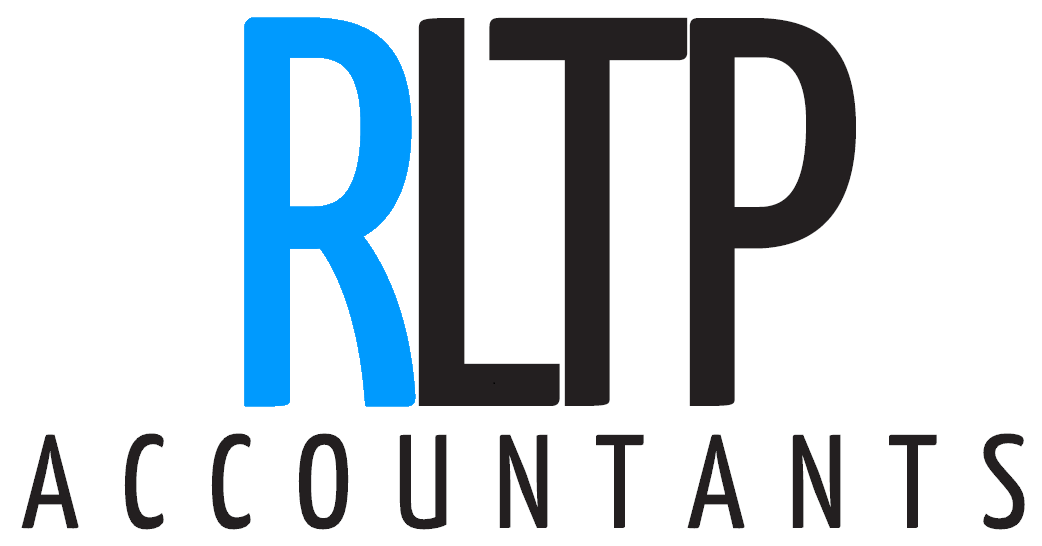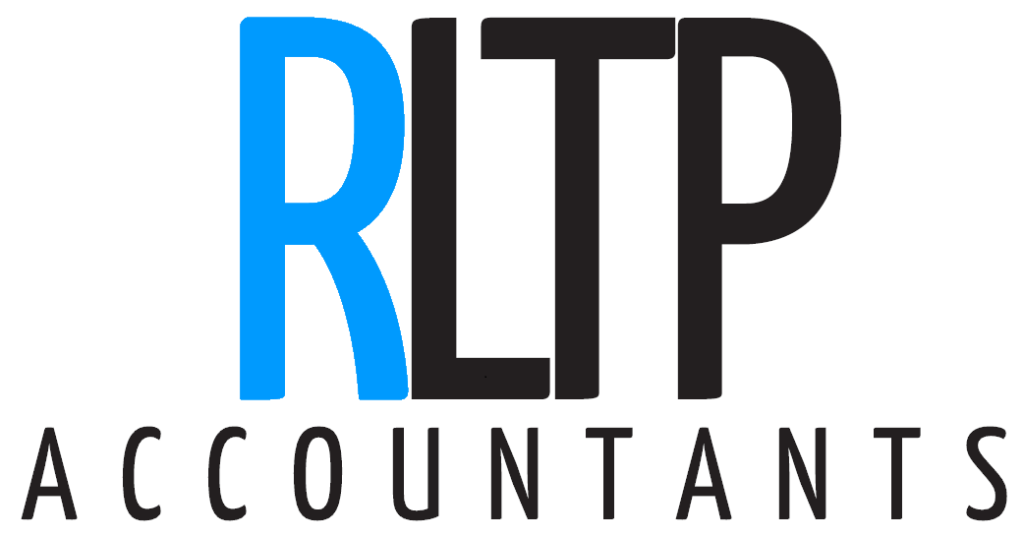Expenses and disbursements can, from the outside, seem quite similar, hence why so many people get a bit confused about their differences and what it means for them, either as an employee or as a business owner. Where expenses are rather simple to explain, disbursements are a little more complex, so what’s the difference between the two?
What are expenses?
Expenses are things or items that the business spends its money on that is justified as being beneficial to the company in some way. In most cases, expenses can include one or more of the following things:
- Food
- Travel
- Entertainment
Most often, an employee could incur expenses as a result of simply doing their job. This ensures that they aren’t left out of pocket for something that needs to be done for the good of your business. Subsequently, your company would have to reimburse that staff member for any costs incurred, otherwise known as expenses.
For example, your employees might have to travel by train to meet a client and discuss a proposal over lunch. You would then have to pay for your employees’ train tickets, their lunch and any other costs they’ve incurred along the way, which could include money for taxis. Expenses can even cover an overnight stay in a hotel.
However, the covering of expenses will need to be outlined clearly in your commercial agreement, whereby it’ll state that the company will cover any aforementioned costs. On the contrary, it might state that, where applicable, the employee will have to pay for such things out of their own pocket. As an employee, you’ll need to double check your contract before agreeing to travel etc.
What are disbursements?
Disbursements might look very similar to expenses at first glance, but they’re actually quite different if we look at the details. Where disbursements are considered as a payment made to a third party that’ll need to be charged back to the customer, they’re also something that’s paid for on behalf of a customer that hasn’t come as a result of your service, which is where disbursements differ from expenses.
For example, let’s say that you book a hotel room in order to attend a business meeting on behalf of a client. At this time, it’s considered to be an expense as the hotel room was booked and paid for so that work could be done for a client.
If you book a hotel room for yourself and then another for your client, however, then the room for yourself is the expense and the room for the client is the disbursement as it’s not needed for the work to be done and nor is it part of the service you’re offering, it just makes sense for both hotel rooms to be booked at the same time. Now that the difference has been made clear between the two, you might have a couple of questions:
Should I charge VAT on disbursement?
If you’re a VAT-registered business, then make sure you fully-understand the differences between expenses and disbursements to ensure you’re charging VAT correctly, where applicable. The specialist team here at RLTP Accountants will be pleased to answer any questions you might have about it.
Disbursements are recharged to the client and aren’t actually subject to additional VAT charges. In the example of the hotel room, VAT would have already been included in the cost of the room. As long as the client has paid you in full for the room, then no extra charges should be added. If, however, booking the hotel room was part of the service to your client, then you should charge VAT.
Another example of this is for a new roof. The materials will cost the company a certain amount, but VAT will be added and included in the invoice to the customer. So it might read “Roof tiles – £300 +VAT”, meaning that the materials were £300, but the customer owes an additional 20% on top of that to cover VAT.
RLTP Accountants are proud to have a team of dedicated, highly-qualified, fully-trained accountants at the heart of everything we do. No matter what you need, we’ll be on hand to offer sterling accountancy services, allowing you more time to focus on what it is you do best. For more information about how we can help you today, get in touch with a member of our professional team – we’re always happy to hear from you.


